
Erasmus+: Commission answers PAN MEP question and admits problems in granting scholarships
Lisbon, 15 April 2020 - The European Commission (EC) answered a question by MEP Francisco Guerreiro (Greens/EFA) and recognized that there is a shortage of funds allocated to the 'Erasmus+‘ Program and that these are distributed unevenly among Member States, as they do not positively discriminate against them and exclude potential scholarship holders with high scores.
The MEP questioned this institution about the Program's financing model and what measures would be adopted to ensure access to these students, taking into account the conclusions of an official interim evaluation report of the Program in Portugal.
Produced by the European Commission in 2017, the report ((2017)3350537) states that this discrimination should include taking into account the most disadvantaged countries and regions and the different types of academic or training pathways in the Member States, which are different in duration and cost.
“The report indicates a structural dysfunction in the attribution of Erasmus+ scholarships that has been unfairly harming several potential scholarship holders in Portugal. The European Commission has the duty to look after the social rights of its citizens and create a more equitable system, namely for the countries and regions that most need Erasmus+”, says the MEP.
The question put to the Commission is in order to understand whether these funding irregularities are planned or have been taken.
According to the report, in Portugal, owing to budget limitations, the Erasmus+ Education and Training National Agency was able to approve just 36% of the applications it received during the 2014-2016 period, and the Erasmus+ Youth in Action National Agency 24%.
The Programme Erasmus+ National Evaluation Report for Portugal ((2017)3350537) can be accessed here.
Answer given by Maryia Gabriel, Commissioner for Innovation, Research, Culture, Education and Youth, on behalf of the European Commission:
“The Commission aims to make the future Erasmus+ programme much more accessible to learners and staff at all levels of education and training, youth and sport. This will be achieved through a variety of means, including the design of certain actions to attract small grassroots organisations, adaptations of grant levels and more opportunities for short-term mobility of school pupils and vocational education learners. All of this will serve to increase the participation rates in the programme, in general, and among people with fewer opportunities, in particular.
The Commission is also seeking appropriate resources in the 2021-2027 Multiannual Financial Framework to match the ambitious goals set for the Erasmus+ programme and to help meet the demand.
The allocation of funds between Erasmus+ program countries is carried out in an equitable and transparent manner, in accordance with the criteria established in the legal basis. These criteria are country population, cost of living (addressing the differences between the Erasmus+ programme countries and the distance between capitals), and past performance in the implementation of the programme.
Check Francisco Guerreiro’s question here.
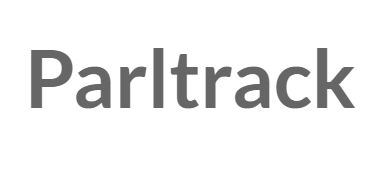
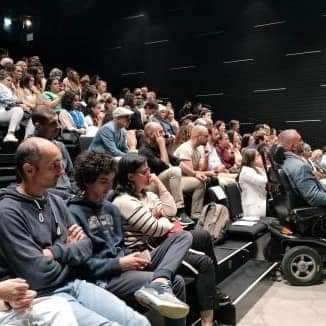
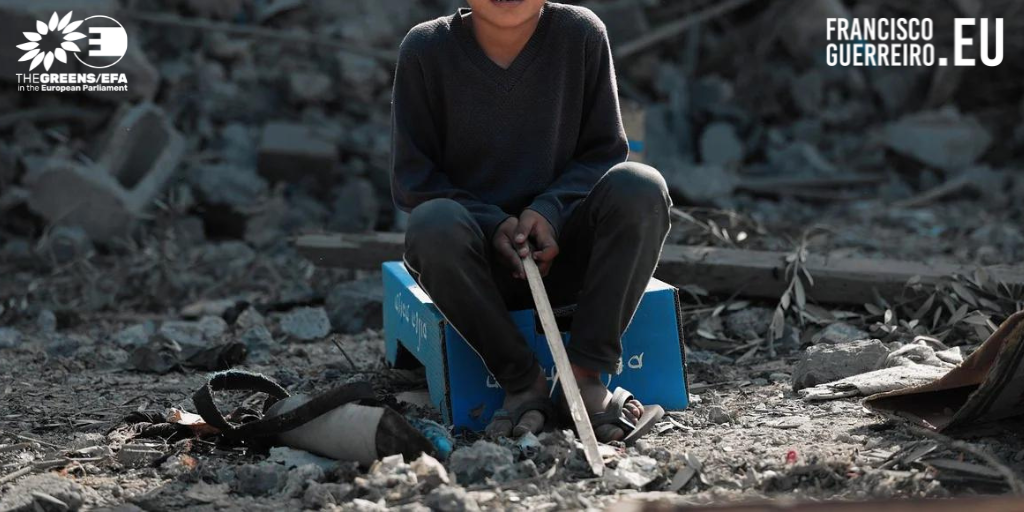
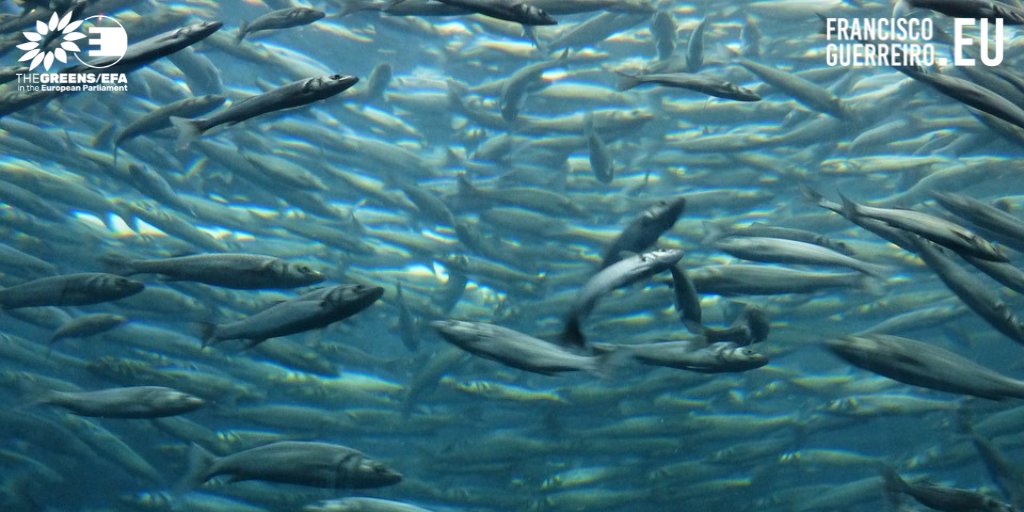
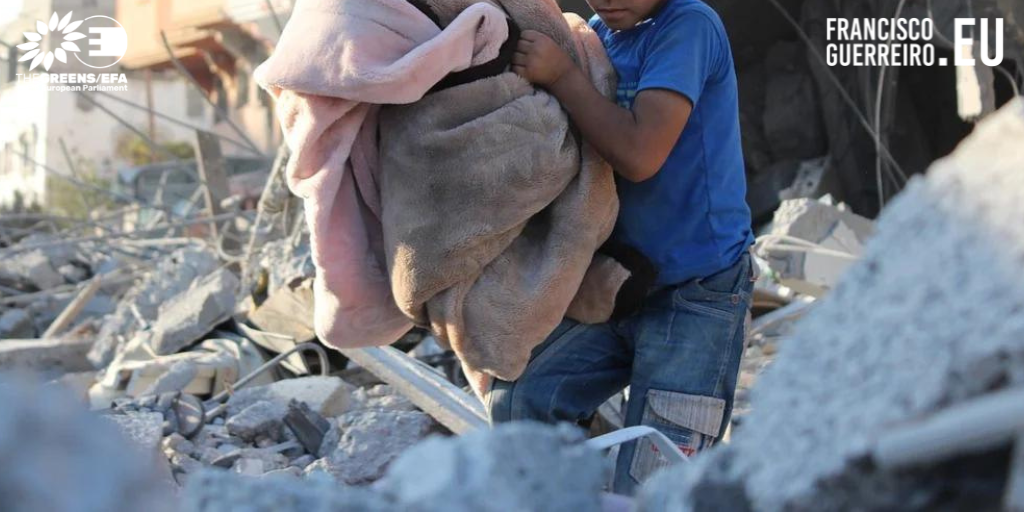
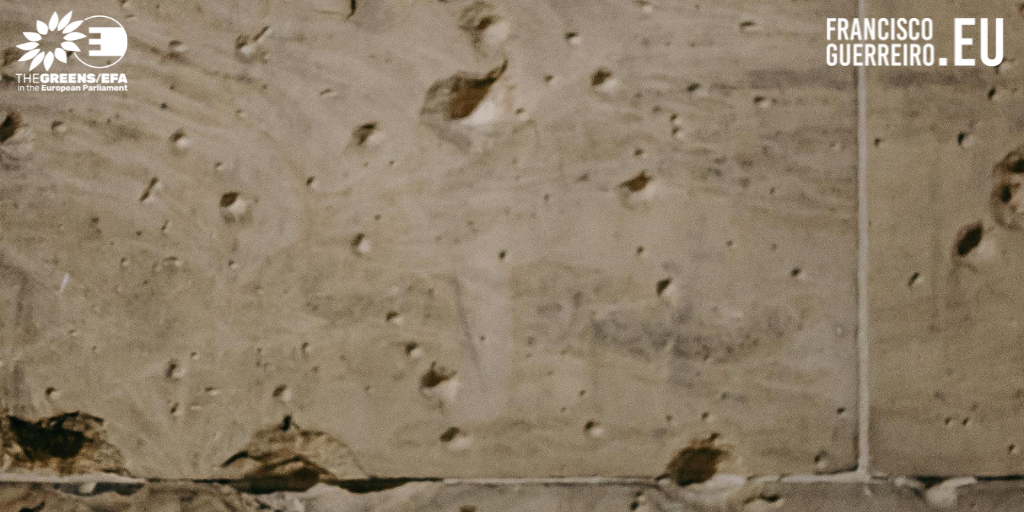
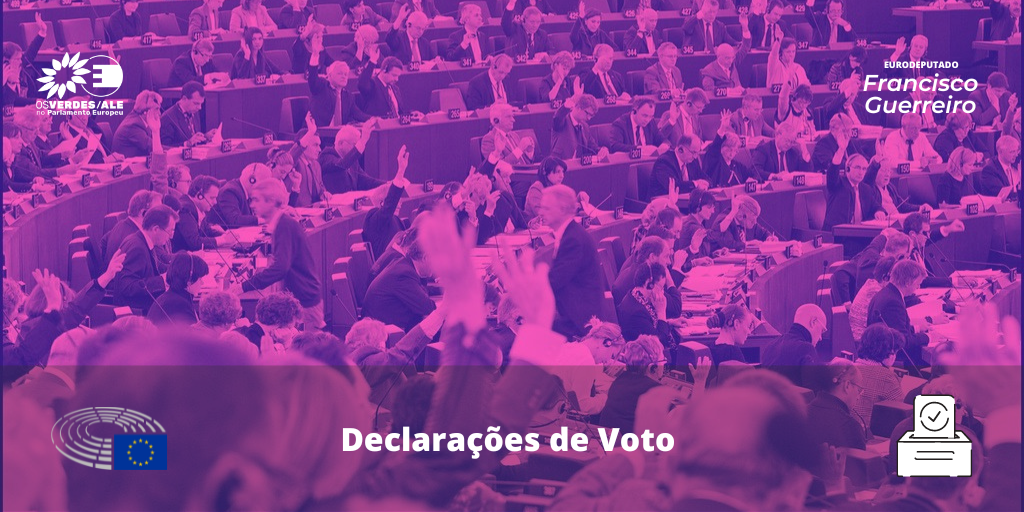
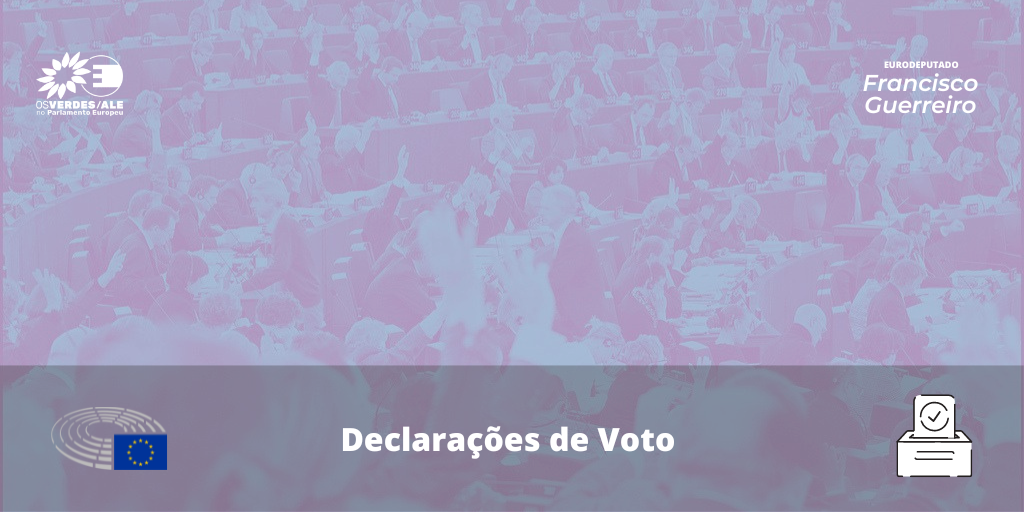
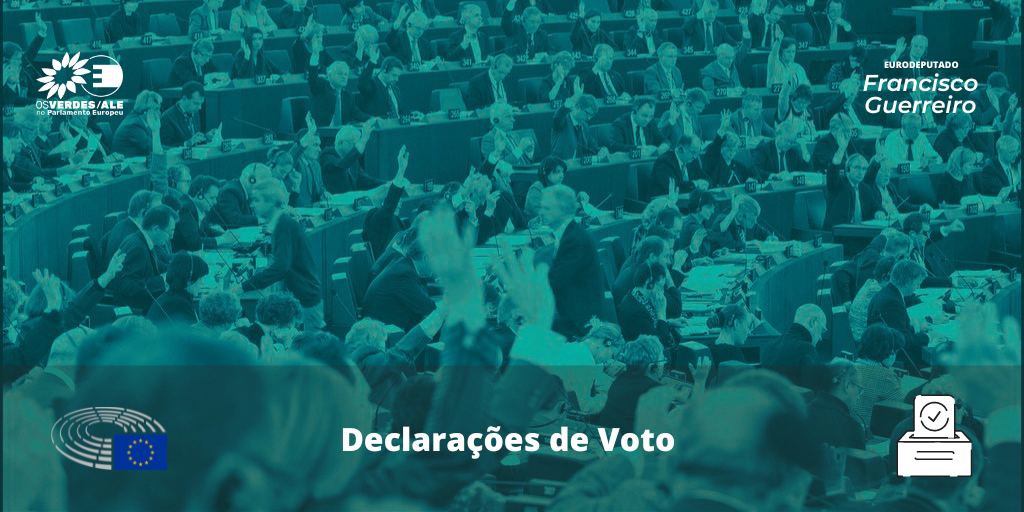
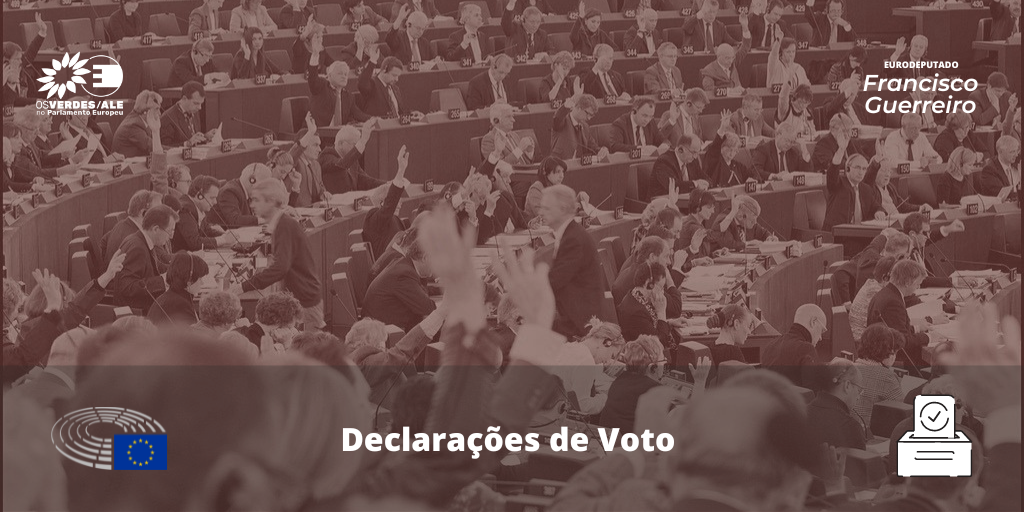
ParlTrack - Francisco Guerreiro considered one of the most productive MEPs
Monday, 01 July 2024
The analytical website ParlTrack has recorded all the parliamentary actions of MEPs during the 2019-2024 term, considering Francisco Guerreiro one of the most productive.READ MORE